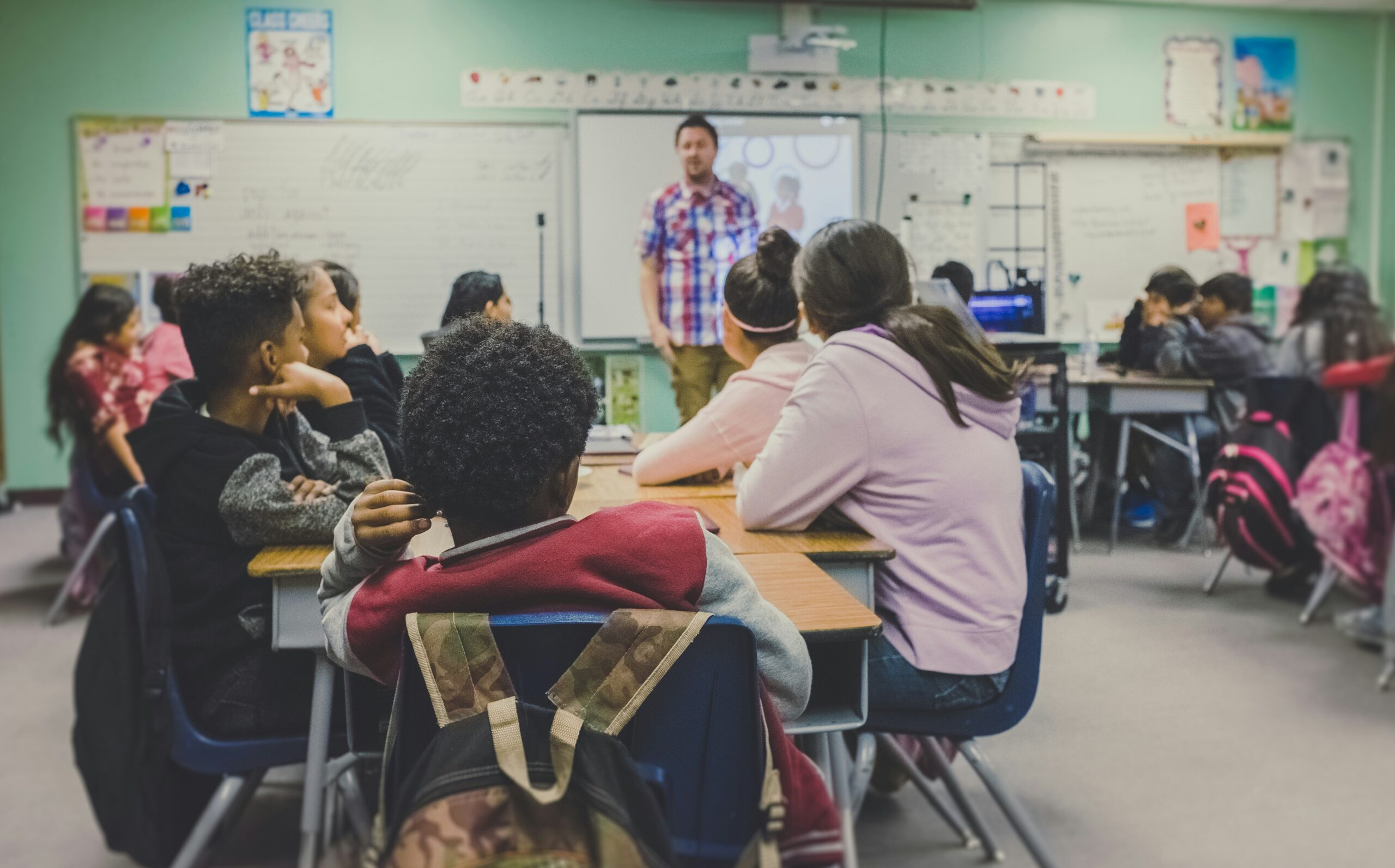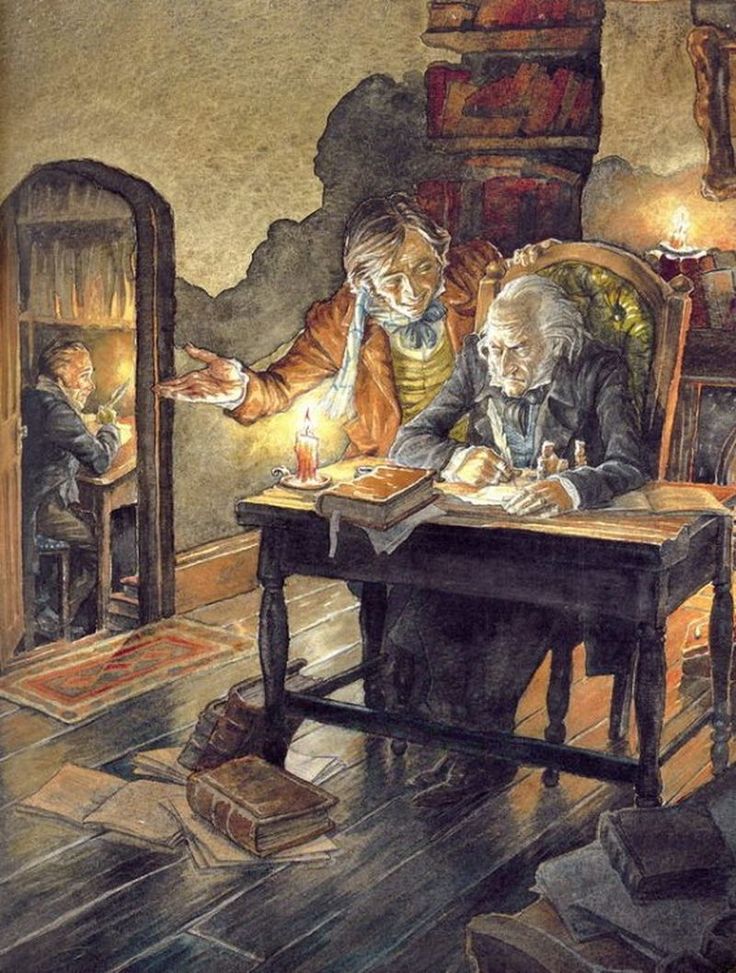Anything But "Normal"

QUIET VOICES HEARD
The year 2020 was a hard year for everyone. Chaos, and uncertainty consumed our world. A new wave of panic and awareness overtook people everywhere. Although this was largely seen as a negative, a not so small group of people thrived in this new world of caution. Those with chronic illnesses, more specifically autoimmune disease, finally felt heard and understood. After years of screaming for attention, or some sort of understanding. All it took was a pandemic for their voices to be heard. We were now living in a world built for people like us. As the world has returned to “normal” there has been a decline of the brief moment of recognition. The emphasis on health has since been erased.
This has been further noticed within education. Students with chronic illness were once able to zoom into class, stay home if sick, or easily get extensions on assignments. Now with the return to normalcy, these accommodations have been taken away. Or at the very least, a much harder ask. Chloe Shahaf is a 17 year old senior in high school known for her instagram account, @chronicallyillchloe. She has many varying chronic illnesses including Lupus, Idiopathic intracranial hypertension, and neurogenic bladder to name a few. In an interview with Chloe Shahaf, questions were answered regarding her own experience and accommodations post-covid.
INTERVIEW
Q: What specific things did you notice in your personal life last year as a result of people being more accommodating to health?
- A: “I noticed that people were more understanding if you had to miss class for health reasons. While in the past, my school would ask for physical proof of doctor’s appointments.”
Q: Did you have any trouble (outside of normal expected trouble) when dealing with accommodations?
- “A: I did experience trouble in the sense that it took a long time for my 504 plan to be put into place, and my teachers still only accommodate me when it is convenient for them.”
Q: Since returning to school this year, have you noticed a decrease in willingness to accommodate you in school?
- A: “Yes, definitely! Many of my classes are outside this year; as someone who struggles with lupus-related photosensitivity and migraines, this has had detrimental effects on my health. Since the school years started, I’ve been hospitalized three separate times due to intractable headaches. I’ve also dealt with a lupus flare, leading to uncomfortable rashes and debilitating joint pain. In addition, the school elevator is often locked for use even though many students have elevator passes. My school only allows three days to turn in an absence form, which is an unattainable feat for me as I have been hospitalized for a week and a half. Lastly, the accessible bathroom is often used for other reasons, making it inaccessible to the people who need it.”
Q: What do you wish would’ve stuck last year going forward
- A: “I wish that people would still take mask mandates seriously. As someone on immunosuppressive medications, I gravely worry about catching covid, and if I did, I know it would have long-term effects on my health. Even though I’m fully vaccinated and waiting to receive my third dose, immunocompromised people have less of an antibody response.”
CONCLUSION
This past year has taught us many hard lessons, inclusion being one of them. We learned we have to do things differently in almost every aspect. Thankfully, there are young advocates like Chloe, who are passionate about educating people on the topic of chronic illness & accommodations. We can’t go straight back to what once was normal or comfortable. We need to take with us all the hard lessons learned as we go forward. To accommodate those who have finally found their voice in society.




